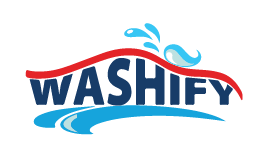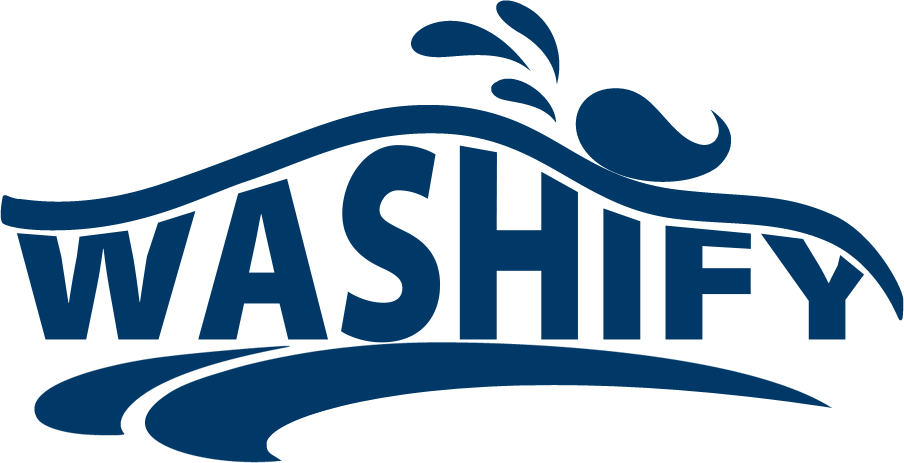Private Equity: Part 1
Home » Private Equity: Part 1
Covering the basics of private equity and its role in the car wash industry.
In this series of articles we will demystify the who, the how and the why of the private equity (PE) fund and their investors in the car wash industry into bite sized pieces written so anyone can understand it. This series will help you understand the limitations, lingo and motivations of a PE firm or one of their car wash industry investments. They might be your competitor, supplier or partner so the more fully you can come to understand their business model and goals, the better off you’ll be. Not all PE firms operate the same way and some may have differences from what I describe here but, the variations should not be too far off track.
In this first article, we’re going to discuss the basic components of private equity and its involvement in the car wash industry. This will be the foundation that the following articles will build upon.
The PE business model from a 10,000 foot perspective
Let’s step back for one moment so we can get a basic framework of what a private equity firm is and why they would be interested in the car wash industry. Private equity firms are companies designed to make a profit for themselves and their investors. They pool money together from investors into funds. These funds have investing themes such as retail car washes, or broader themes such as investing in the aftercare market for the automotive sector with certain annual revenue and growth criteria. These funds are usually composed of the purchase of a majority stake in multiple businesses. Once they invest all the capital of the fund to purchase portfolio companies, they get to work improving the businesses in various ways; combining them, cutting costs, investing or restructuring to name a few. After some predetermined period of time the private equity fund sells the businesses owned by the fund for (hopefully) more than the purchase price and keeps some of the profit along the way for themselves while giving the initial capital and gains back to the investors.
Private equity firms’ interest in the car wash industry isn’t special. They invest in all types of businesses and the size of funds and number of investments has been increasing rapidly. What is new is the level of investing in the car wash industry. The increase in investing is due to some factors you could probably guess. First, car washing as a subscription model is a very attractive investment and unlimited memberships are proven money makers when promoted and priced right.
Suppose you grow a club membership at a single wash store to 1,000 members with each member paying $30 per month. That’s a steady $30,000 in revenue no matter if it rains or shines, pollen or no pollen. The studies have shown car wash customers are happier paying for subscription and overall usage rates do not spike; there’s diminishing marginal utility even for washing your car. So what was before a business model heavily dependent on weather and seasons, car washing is now a function of acquiring subscribers and keeping them happy. The success of a car wash store is now, more than ever a function of marketing, service and experience and much less about the ebb and flow of favorable weather patterns.
Second, less driveway washing and an acceptance to outsource more activities has increased the percent of the population who wash their cars. Growing up you probably saw your neighbors washing their cars with a hose and the big sponge. That decline of do-it-yourself car washing has significantly also benefited professional car washing but to a lesser extent than the subscription revolution.
Who runs these private equity firms?
Generally, these are businesses run by people with backgrounds in entrepreneurial activities, finance or business leadership experience. Generally, these are people who have started businesses, sold businesses, merged businesses or have a good amount of experience in business improvement. The attraction to working in and for a private equity firm is not just applying one’s skills for the benefit of the investors or making a living, managing partner at a private equity firm can make more money than many fortune 500 CEOs.
This outsized earnings opportunity attracts some very brilliant and interesting people (we will discuss carried interest and what that is in the next article in this series).
The actual starting of a private equity fund is not the hard part. To be very boring for one moment, these firms operate by specifically registering with the SEC and agreeing by their rules around solicitation and operation. Again, this is the SEC’s way of making sure these firms are not offering opportunities to unaccredited investors (more on this in a moment). The challenging part of starting a private equity firm is getting the investors to join in. Without investors, there is no fund and with a fund there are no fees to collect or salaries that can be paid.
Who invests in private equity?
First, the style of investing is not very liquid like the stock market or real estate or even art. The PE style of investing is longer term than most with a lock up on the invested money of being 5 years at the low end. By “lock up” I mean the money cannot be withdrawn easily. Since a PE firm would be reluctant to liquidate partial investments from a fund and, finding someone to come in and take over the investment position is generally very complicated, there are heavy penalties for early withdrawals if it’s possible at all.
Second, the investment opportunity private equity firms offer through their funds are not for the ordinary investor. That’s because the solicitation rules put in place after the Great Depression make it so they must know that the investor they are approaching is an accredited investor ($1MM in assets or 200k in income for each of the last two years). These rules are meant to keep the regular person from financial disaster as understanding the terms of these investments can take quite a bit of financial savvy. This is the government’s way hedging a smaller investor’s risk.
In recent years, investment opportunities have loosened because of the JOBS Act of 2012, allowing companies like Mainvest to crowd source funding for small businesses. On a side note, I have not seen a car wash crowd funded, yet. For this article I am going to stick to traditional PE firms.
I won’t get into it here but, essentially, the fund’s capital raising arm (the people at the firm responsible for bringing in the investment dollars) need to know that you are accredited. And figuring out who those investors are, is not always easy. This is why the funds generally go back to previous investors and the outreach to find new investors gets limited visibility from new investors.
The typical investments these firms are looking for can have $1 million minimums or higher. If they are running a fund, they want to keep the number of investors small as the more investors the more complicated the reporting and communication can become. This is why you’ve never seen an ad to invest in a PE fund, never heard one on the radio or seen a billboard – their target market is niche and they need to take precautions that they don’t appear to solicit investors who are not a fit.
Because of the long-term nature and the high investment minimums and the risk the investors tend to be very wealthy individuals, retirement funds and other institutional investors such as university endowments, foundations, sovereign wealth funds and so on. Generally these investors are only putting a portion of their capital into these investments.
Hopefully this has given you some clarity. In our next article we will look at exactly how the PE firm makes money and how they see the car wash industry as a key to generating strong returns.

